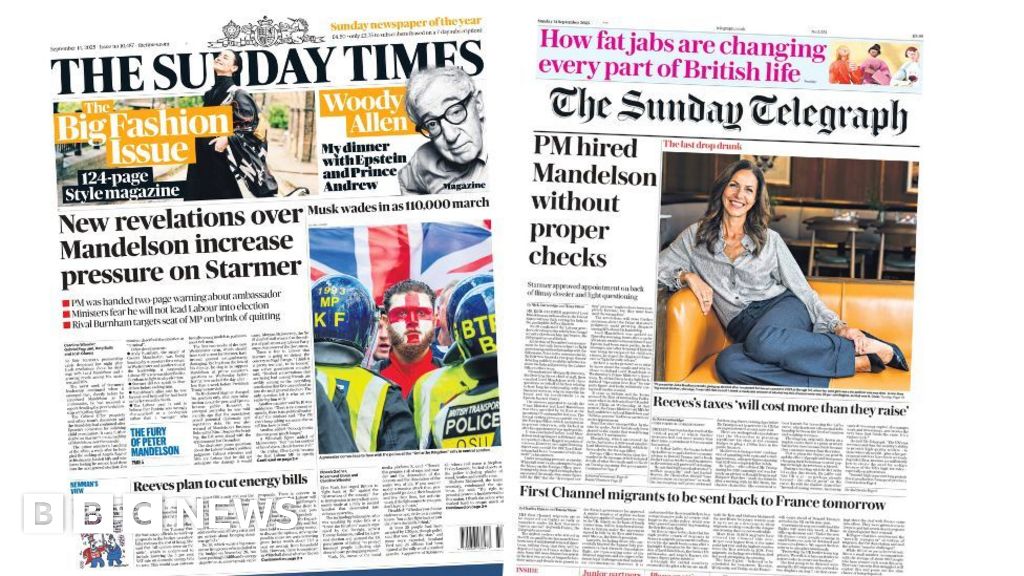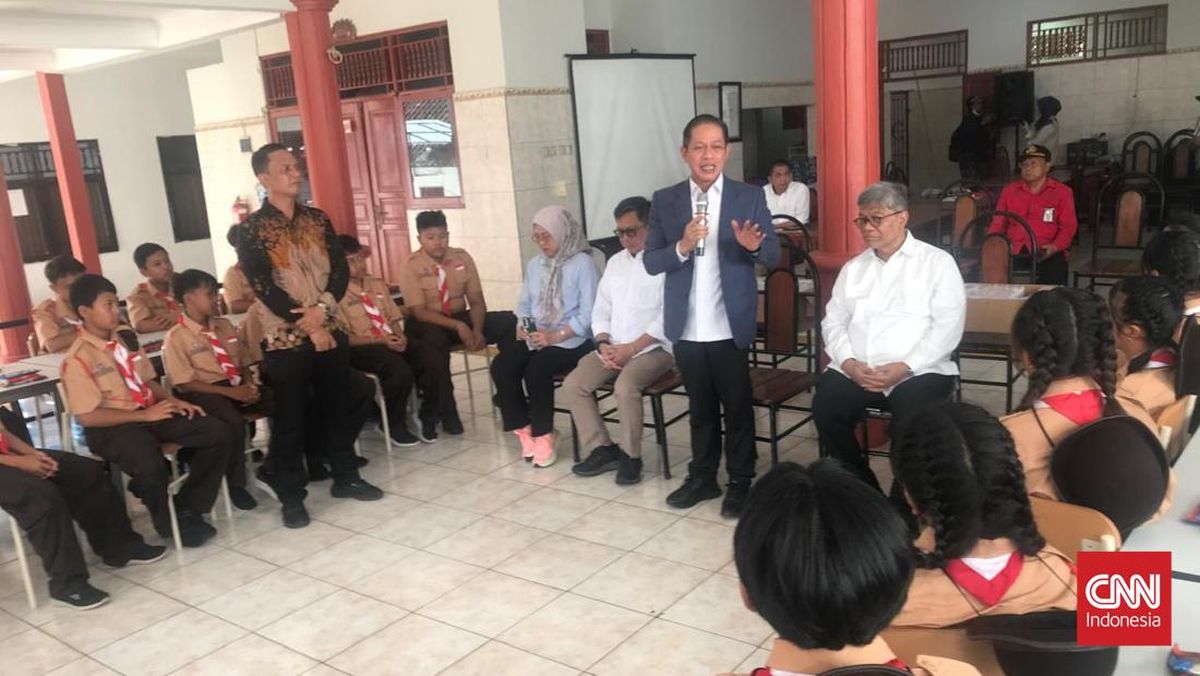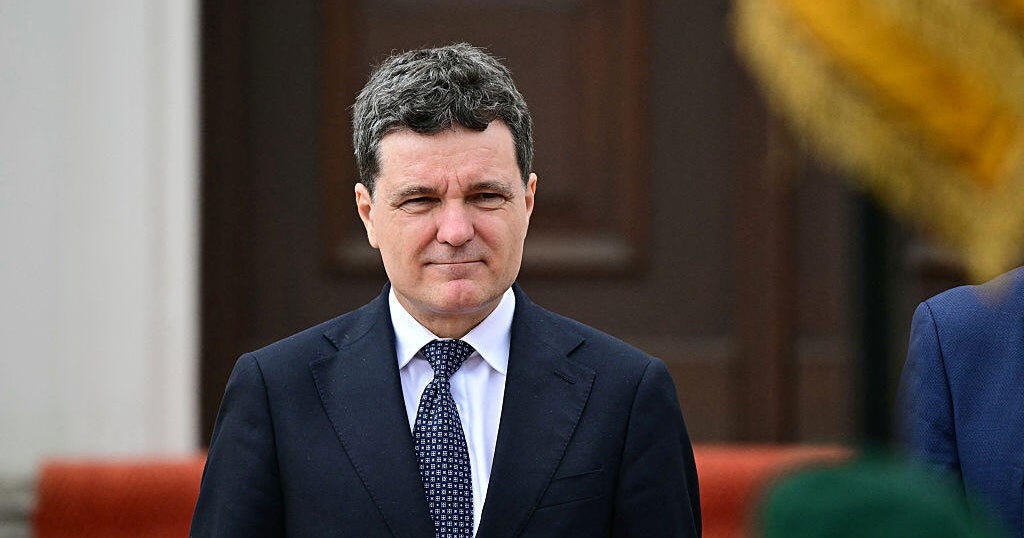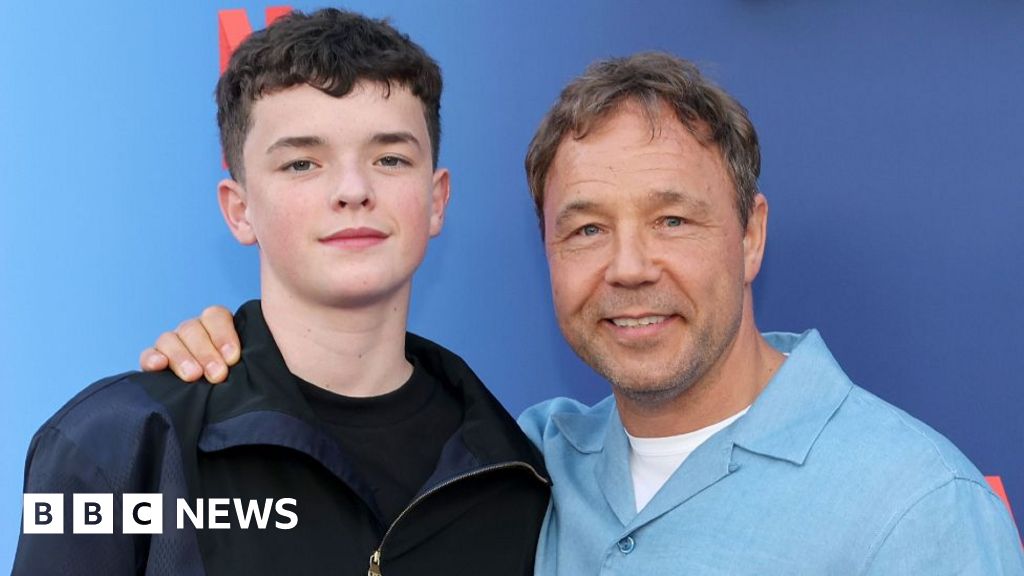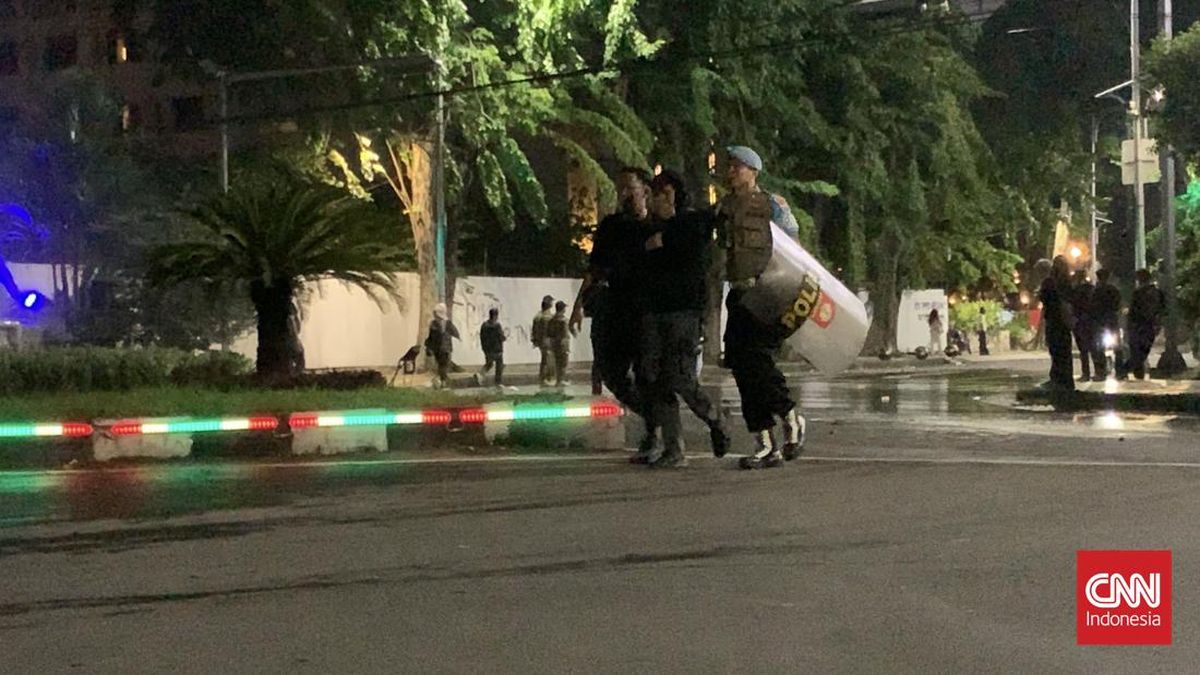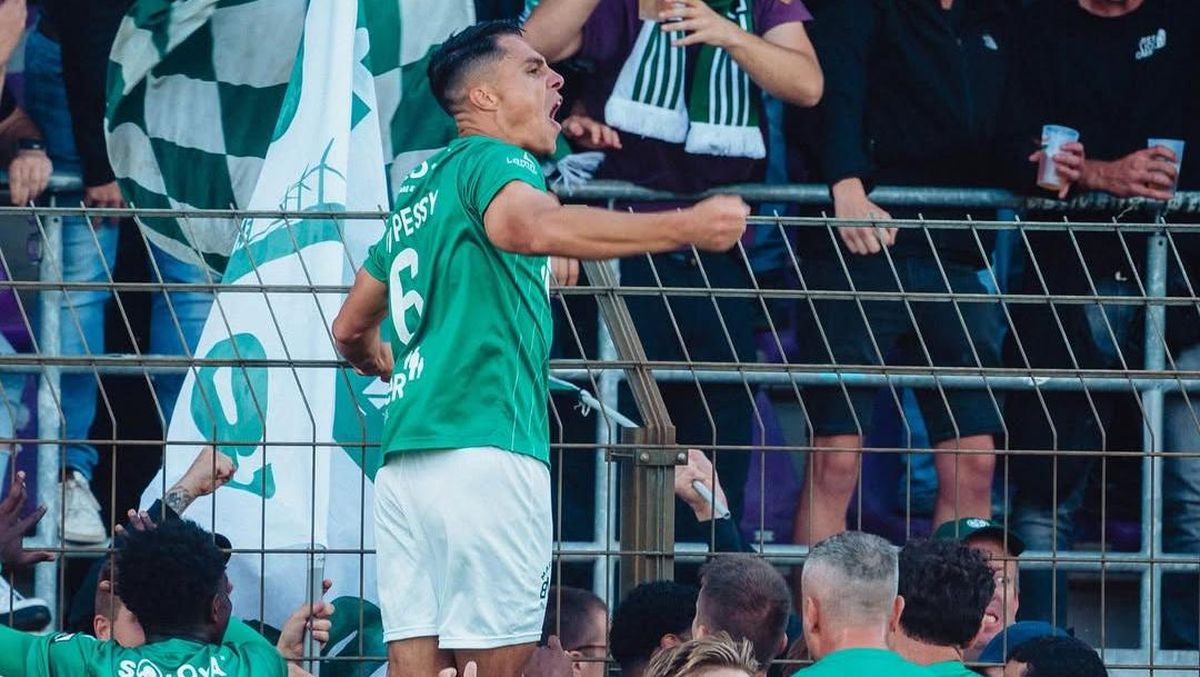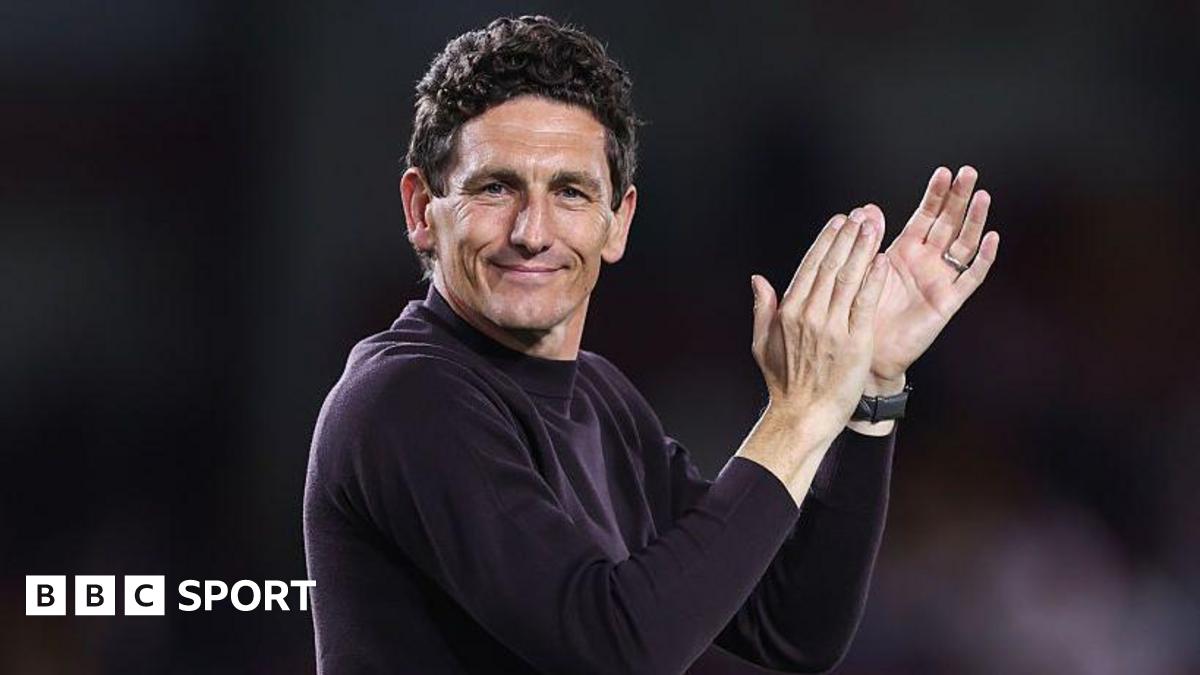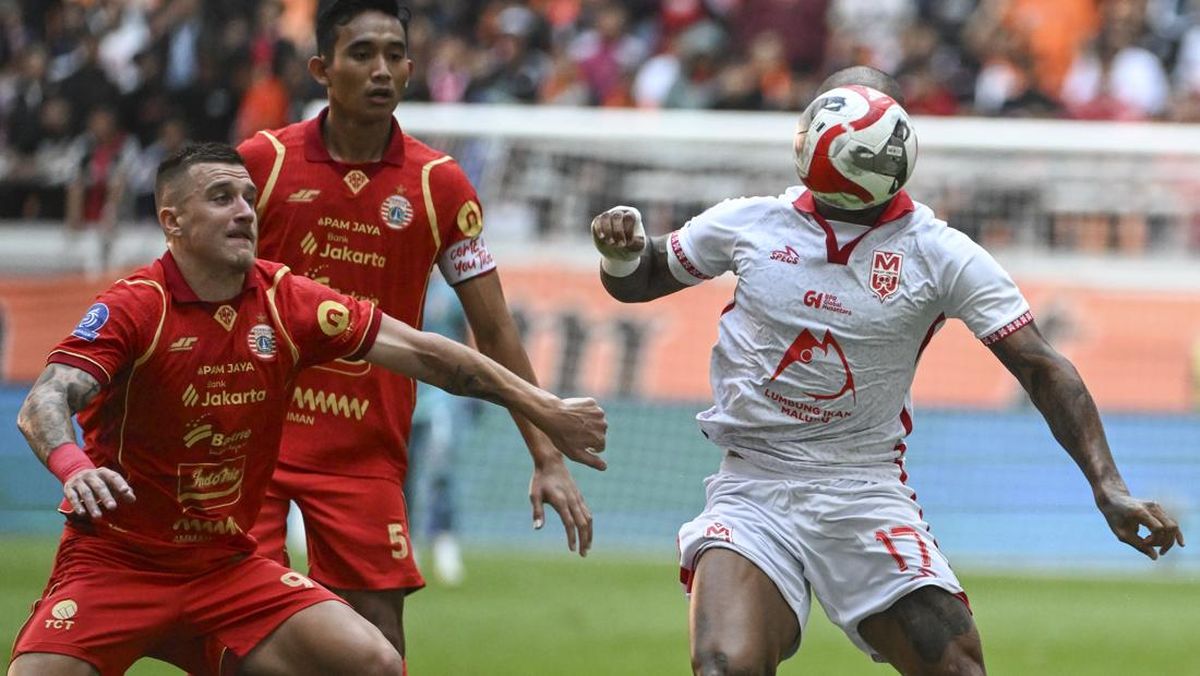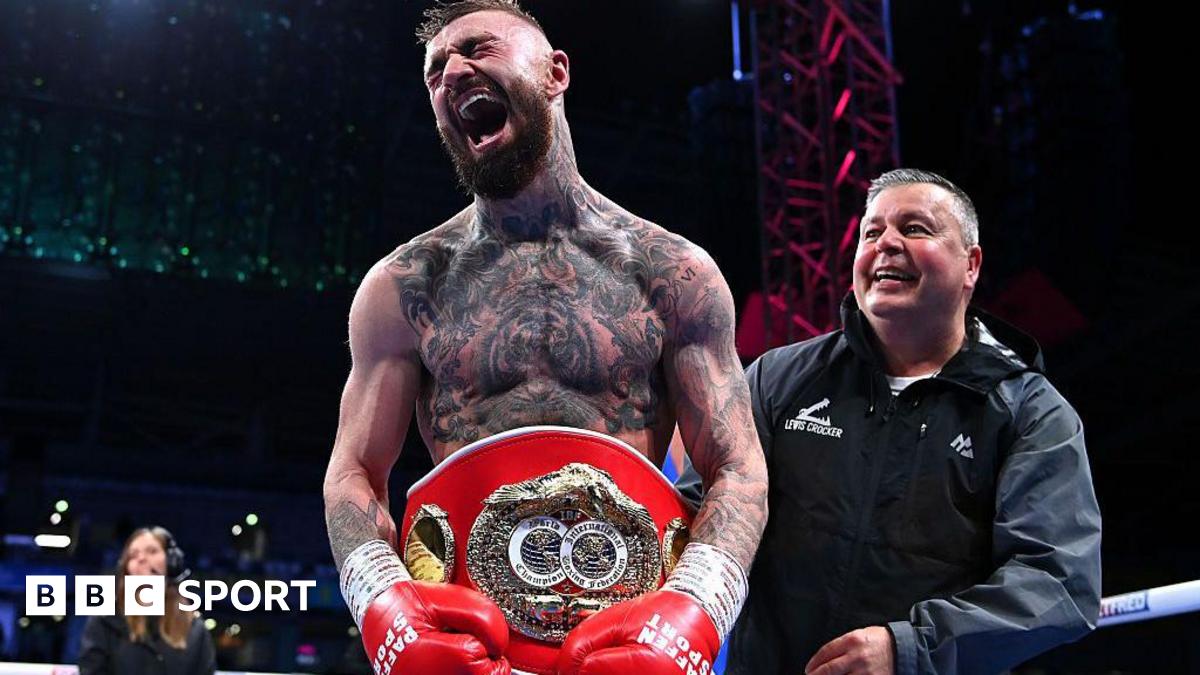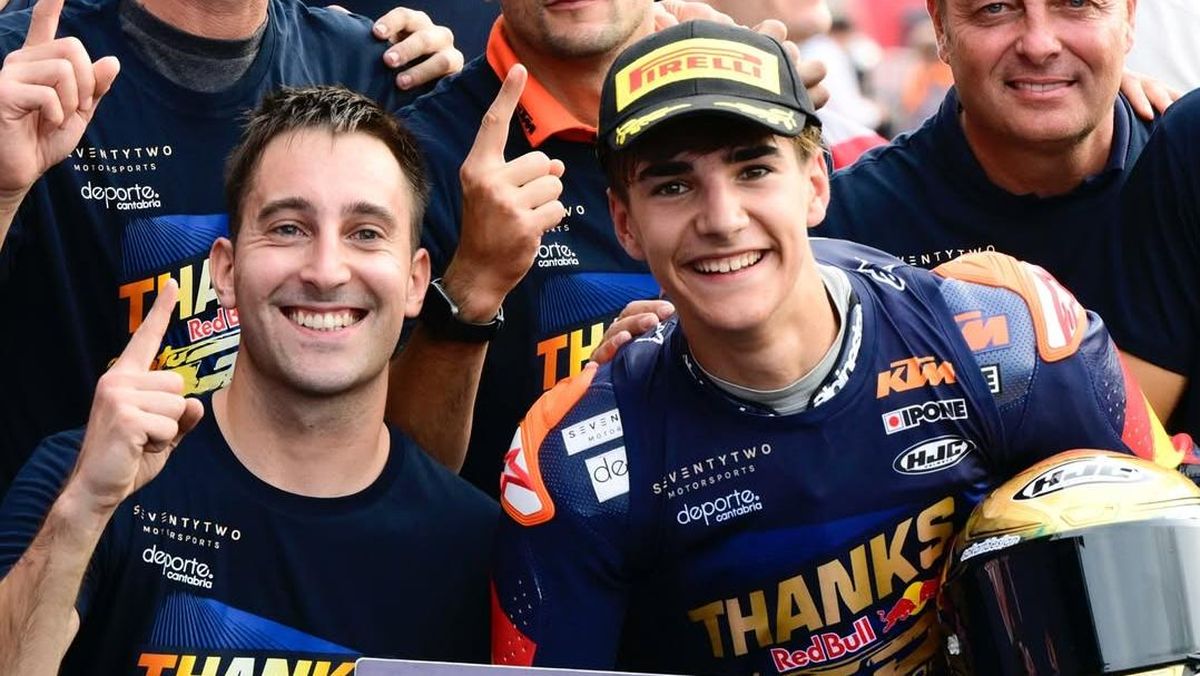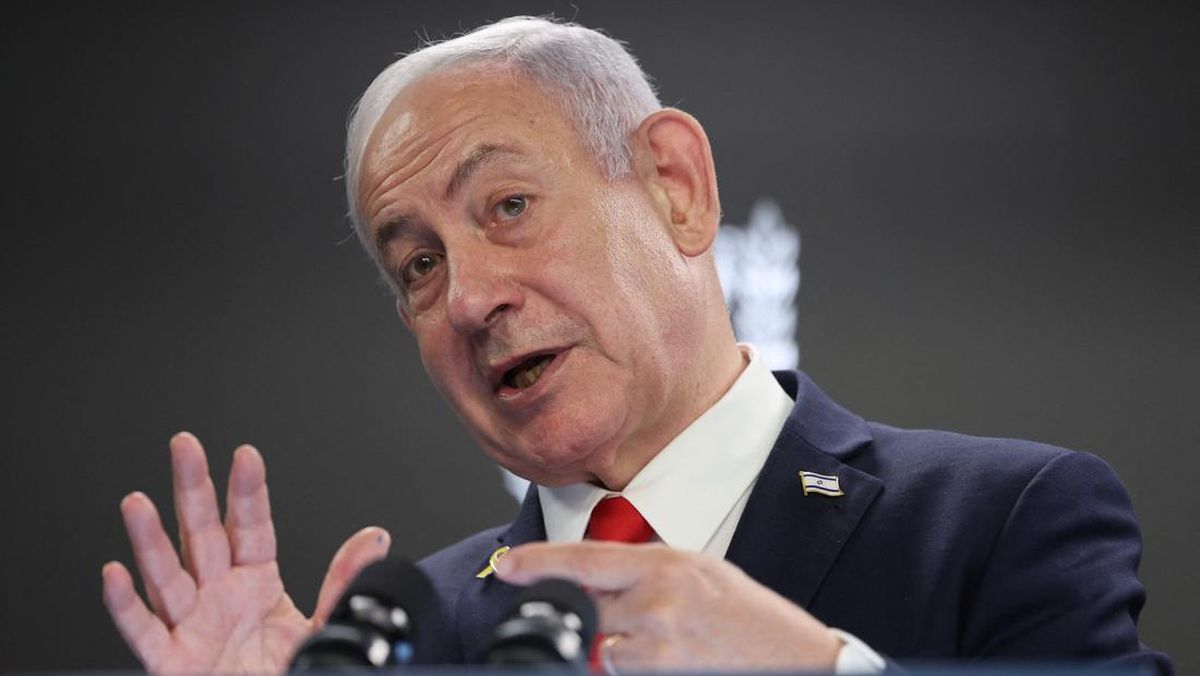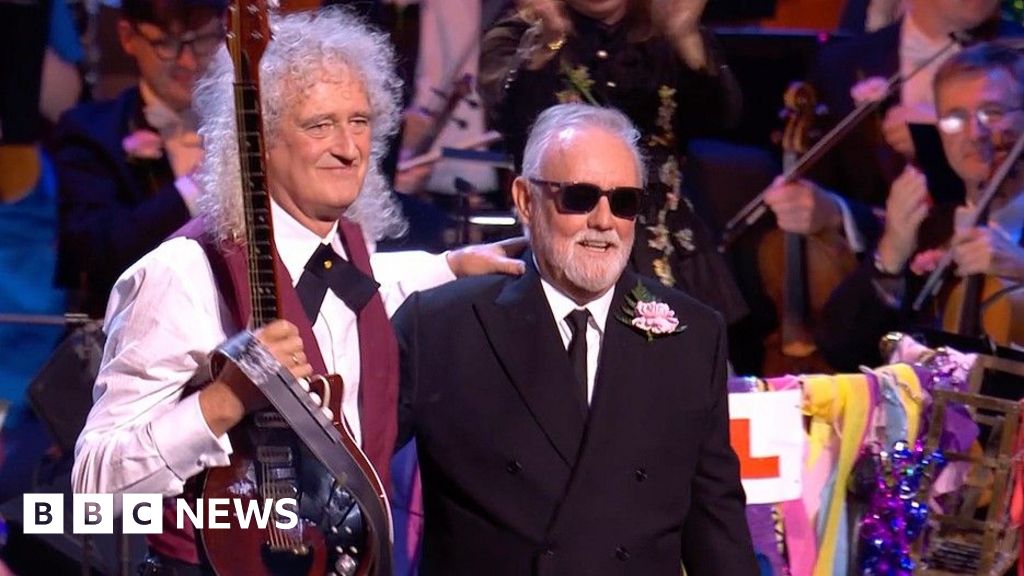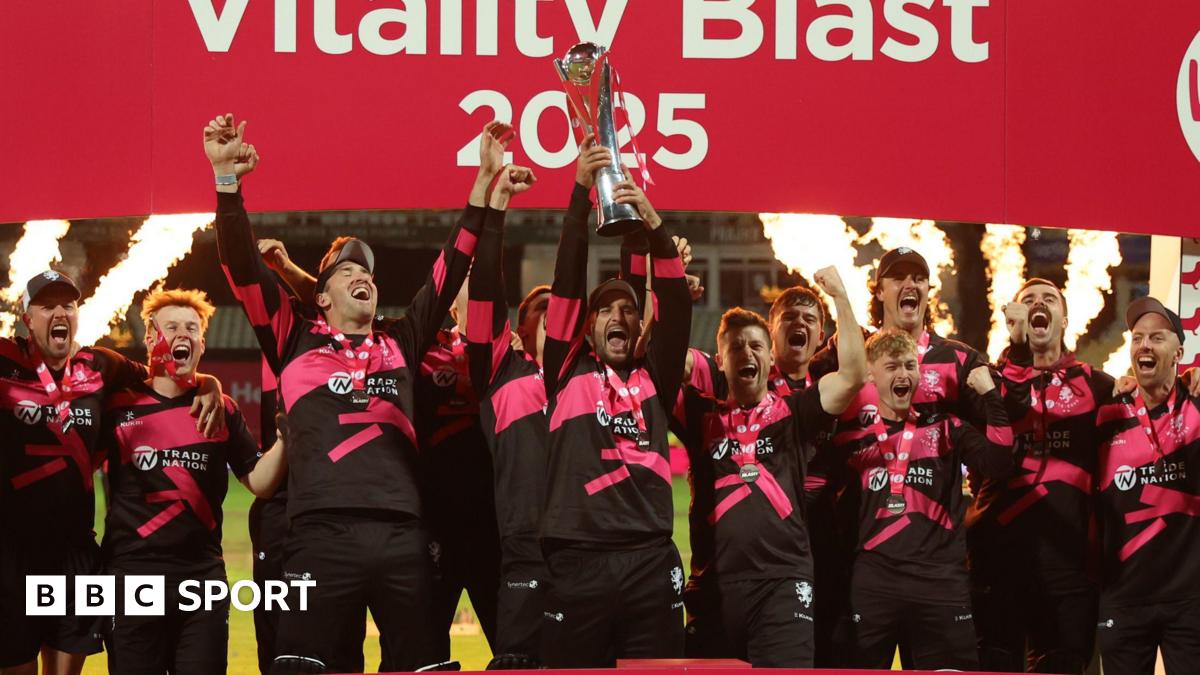It’s a tale often told, because it says so much about Brisbane in the 1980s.
On August 13, 1983, San Francisco punk band the Dead Kennedys played a blistering gig at Brisbane’s Festival Hall, supported by Sydney act the Johnnys and local band the Black Assassins.
Famous for satirical thrashers like California Uber Alles and Holiday in Cambodia, which were on high rotation on community radio station 4ZZZ and feverishly passed around on cassettes by naughty schoolkids, the Dead Kennedys were pioneers of what would come to be known as hardcore.

The Dead Kennedys in 1983 (L-R): Klaus Flouride, Jello Biafra, D.H. Peligro and East Bay Ray.Credit: Karen Filter/Wikimedia Commons
When they played in Brisbane, 15-year-old punk Jennifer Jackman was in the front row.
“Festival Hall was absolutely seething with bodies,” she recalls. “It was loud – it was everything you wanted it to be.
“[Lead singer] Jello Biafra knew what the regime was like in Queensland, and he addressed it on stage. He let us know that he knew about Joh [Bjelke-Petersen] and the conditions we were living under.”
Prophetic words. When the crowd left the venue, “there were hundreds of police lining the street”, says another Brisbane fan, Peter Taylor.
Rather than slink back to their hotel room, band members East Bay Ray, Klaus Flouride and D.H. (Darren) Peligro lingered on Charlotte Street after the gig.
“We were hanging out on the sidewalk just talking to some fans and people had beers, and the police came by,” recalls Ray.
“And they only stopped D.H. because he was black, and didn’t stop anybody else.”
The drummer had a can of beer in his hand – unopened. An officer called out to him using a slur against Aboriginal people, to which he did not respond. He was handcuffed and charged with using obscene language and resisting police.

Daily Sun article recounting the arrest of Dead Kennedys bandmates D.H. Peligro and East Bay Ray.Credit: Facebook
“And I got arrested for asking, ‘Hey, what are you doing? What’s going on?’ So D.H. and I spent the night in jail.”
Guitarist East Bay Ray (born Raymond Pepperell) and bass player Klaus Flouride (aka Geoffrey Lyall) are founding members of the Dead Kennedys, who are touring Brisbane and Australia this month, 42 years later.
Original lead singer Biafra split with the band decades ago – Ron “Skip” Greer has had the job since 2008. Peligro died in 2022, and his place behind the drums has been taken by Steve Wilson.
Loading
“We weren’t sure we were going to carry on,” Ray says, “but we had some tours booked when he passed suddenly, and you know, people love the music, and we love playing it.”
Raised on jazz and the civil rights movement, Ray, a Berkeley architecture graduate, placed an ad in fanzine The Recycler in 1978, which led to the group’s formation.
They played their first show at a Filipino restaurant called Mabuhay Gardens. “It was kind of like the CBGBs of San Francisco, and the promoter was a character. If you had a demo tape and an 8 by 10 glossy, he would book you, and I don’t think he ever listened to the tapes.”
Driven by Ray’s frenetic, demonic guitar riffs and Biafra’s nervy, nasal warbling, their songs – many of them under a minute in length – were calculated to shock and offend. Debut album Fresh Fruit for Rotting Vegetables alone has the classic tracks Kill the Poor, Holiday in Cambodia, California Uber Alles, Let’s Lynch the Landlord, and Chemical Warfare.
UK indie label Cherry Red Records gave the band $10,000 to record the album.
“I gave everybody in the band $1000, because I thought that was the only money we were ever gonna see, and we recorded on $6000,” Ray laughs.
Unlike some punk bands, the Dead Kennedys were politically astute and highly organised. “Everyone in the band had a work ethic, in the sense that we showed up on time and worked hard.”
When someone suggested Biafra run for mayor of San Francisco, he swung into action and ended up getting 3.79 per cent of the vote. But when performances of California Uber Alles started provoking Nazi salutes from audience members, they had to write the song Nazi Punks F--- Off to make it clear where they stood.
The band always espoused “respect” for the Kennedy dynasty, firm that their name represented not schadenfreude but the death of the American dream.
I asked Ray how that respect was holding up given Robert F. Kennedy jnr’s performance as health secretary.
“Have you ever seen the film Idiocracy from 2006?” Ray replies. “We’re there.
“I think things are definitely worse than they were under Ronald Reagan – very, very much worse.”
The Dead Kennedys broke up in 1986 after the release of their fourth studio album, Bedtime for Democracy. A legal dispute over royalties between Biafra and the others landed in favour of Ray, Flouride and Peligro, and Biafra declined to rejoin the band when it reformed in 2001.
Is there any hope that he might one day front the band again?

The Dead Kennedys’ 2025 line-up consists of (L-R) Klaus Flouride on bass, Skip Greer on vocals, Steve Wilson on drums, and East Bay Ray on guitar.Credit: Andrea Bertocchi
“You have to ask him,” Ray says. “It’s sad.
“You know, Johnny and Joey Ramone [of seminal New York punk band The Ramones] did not speak to one another in the later part of their career. They put their differences aside for the fans and played on stage together ... you just have to put the music above your ego.”
Warwick Vere, longtime owner of Brisbane’s Rocking Horse Records, says DK is “an iconic band”.
“When Fresh Fruit came out, it was one of our big sellers, and they still have a lot of relevance these days.”
The 1983 Australian tour was promoted by Roger Grierson, who would go on to become chairman of Festival Records.
Grierson recalls Biafra leaping off the stage at the Manly Vale Hotel in Sydney.
“The crowd didn’t know about any of that crowd-surfing stuff, so they just parted and he hit the deck,” he says.
Grierson says reports of post-gig riots in Cronulla were exaggerated, but he does remember the police coming to their hotel the morning after their Canberra show and escorting them all to the city limits.
Then, of course, there was Brisbane and Peligro’s arrest.

Festival Hall was demolished in 2003.Credit: Fairfax Archives
“The news went around pretty quickly,” recalls Jennifer Jackman.
“So we trudged up to the watchhouse to make sure he was OK, because this was Joh’s Brisbane. We knew it was going to be scary for whoever was picked up.”
According to Peligro’s account in his autobiography, Dreadnaught, the jail cell had female concertgoers in it, and he was “in heaven”.
“There were actually a couple of fans in the same cell,” Ray confirms. “So we, you know, sat around talking, and then the promoters got us bailed out and we held a big press conference.”
Grierson, however, recalls things differently.
“I went to the police station, bailed Darren out for 200 bucks. I didn’t know Ray was taken. I was just focused on Peligro because, well, because he was black, to be honest.
“He said the court case was ‘not worth getting out of bed for’ and we forfeited the bail.”
Loading
In the end, any charges were dropped.
“I think the press conference kind of embarrassed them,” Ray says. “Our view was that Brisbane, Queensland, was kind of like the southern United States in the 1950s.”
“It’s astonishing when you think back on it, isn’t it?” says Vere, who, in 1989, would be charged with obscenity for selling Dead Kennedys records.
“It was a police state, and it was a corrupt police state. A black man with a can of beer in his hand would have been an absolute red rag to a bull for them.”
In spite of everything, Ray has fond memories of the 1983 tour.
“Australians were very, very receptive to us. I think we were one of the few underground bands to make it to Australia, and the fact that we did that impressed people, and they’ve been very loyal.”
Dead Kennedys play the Northcote Theatre, Melbourne, September 19; The Tivoli, Brisbane, September 20; The Astor Theatre, Perth, September 24; The Gov, Adelaide, September 26; and the Metro, Sydney, September 27.
Most Viewed in National
Loading


